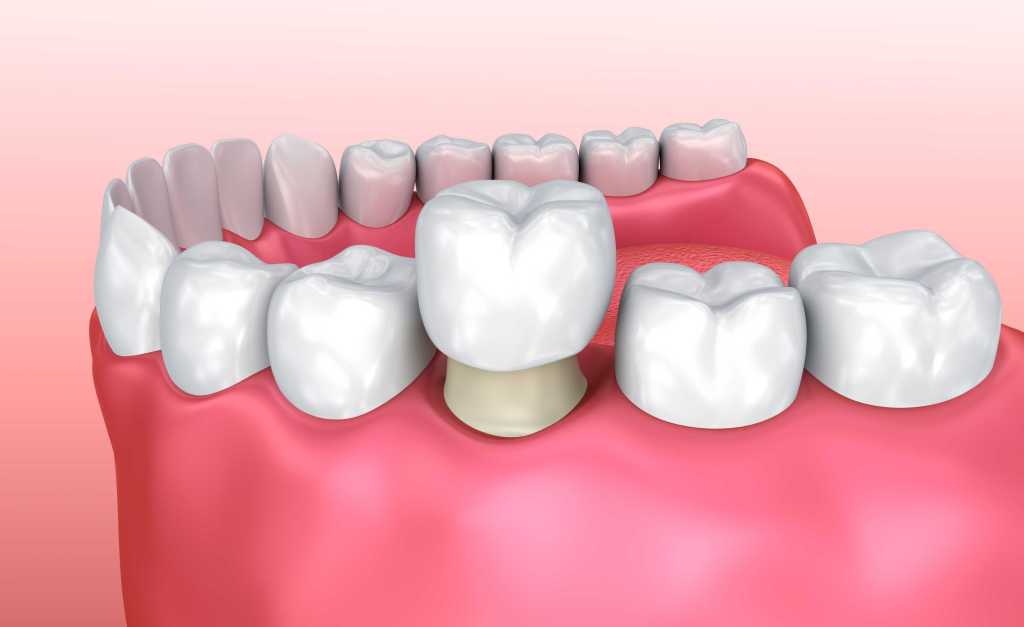Dental professionals do need to put crowns on teeth that are decaying or damaged, and most of the time, it’s relatively painless. However, there are some cases where if you add a tooth crown, it causes more sensitivity. For those with some level of sensitivity around teeth that are capped, you might want to know how to fix this, and the steps to improve this. we’ve got your answers.
What Crowns Are
Crowns are basically a cap put over the tooth that’s decaying, damaged, or weak, in order to keep the size, shape, strength, and the appearance. They can last anywhere from five, up to 15 years, depending on the wearing of this, and how well you take care of them.
Reasons for Crown Pain
There are certain reasons for pain in the crown.
Some of them include the ones listed below.
A nerve that’s traumatized or infected c and causes this. This is because there might still be some nerve damage, even after the pulp of the tooth has been removed, and the pressure of the crown on this. In this case, you might need to get a root canal and the removal of the crown. They’ll get an access hole put in, do the root canal without having to replace this. While it’s complex, it saves money on the crowns as they can’t be used again once removed.
Another reason is that you’re grinding your teeth. This is especially true if you grind at night, or if the teeth aren’t properly aligned. The areas that are there on the teeth will start to rub together, and from there, you’ll experience some pain within the jaw muscles as well. sometimes, this long-lasting and occasional type of pain in the lower portions of the jaw and face.

In order to prevent this, you’ll want to relax the jaw with a moist, warm washcloth prior to sleeping. Meditation can be used to reduce anxiety and stress, providing relief as well.
Mouth guards can also be another way to treat this.
If you’re still having trouble with grinding your teeth, then you’ll want to discuss this with your dentist. Sometimes, biofeedback, which uses different sensors to look at the muscle contraction, can help you become aware of the clenching that you do with your teeth. You’ll be able to control your jaw tension and clenching as well through this.
Finally, what you might also have been an issue with the crown. It might be damaged, and that would require you to replace this.
What you should do
You should definitely first and foremost take some over-the-counter medicine to help with the pain. Cold and hot foods can also cause sensitivity in the teeth, so try to keep the foods mostly moderate in temperature. There are also mouth rinses and toothpaste made for teeth that are sensitive. They usually numb the endings of the nerves, which can help prior to getting a treatment and diagnosis.
If you’ve got pain in the crown which continues to persist, you should see your dentist right away. the sooner the better, as they can look at the issue, and find it as quickly as they can.

Remember that the pain doesn’t normally go away just by waiting for it to. It’s better to go to the dentist, get the help that you need, so that you’re not in pain, and you’ve got something worth smiling about when it comes to your oral health and teeth.
Try it today and get the help you need to take care of your teeth better than before.